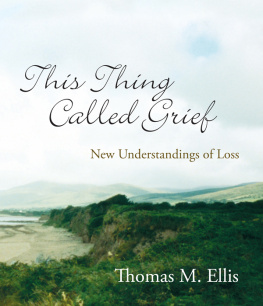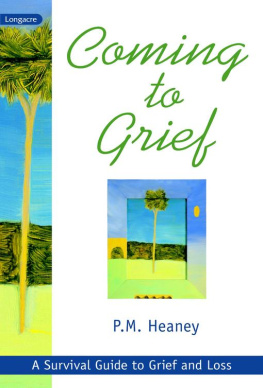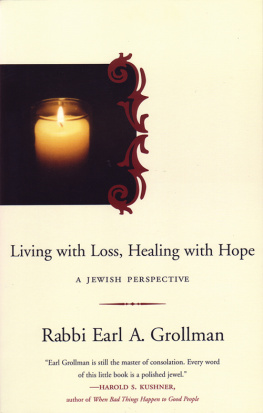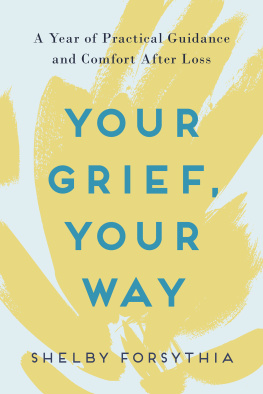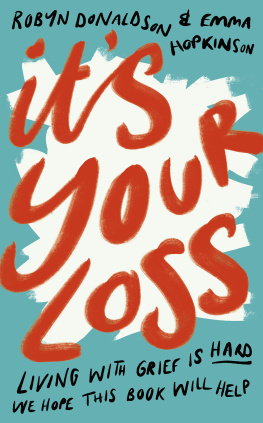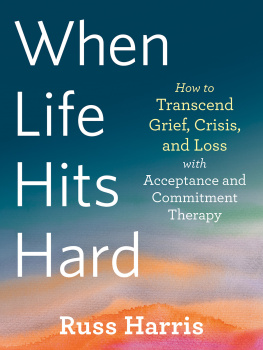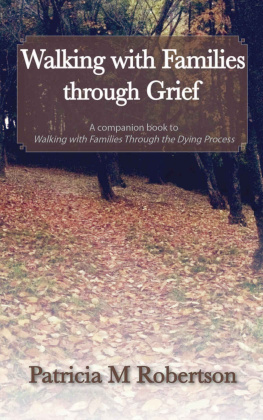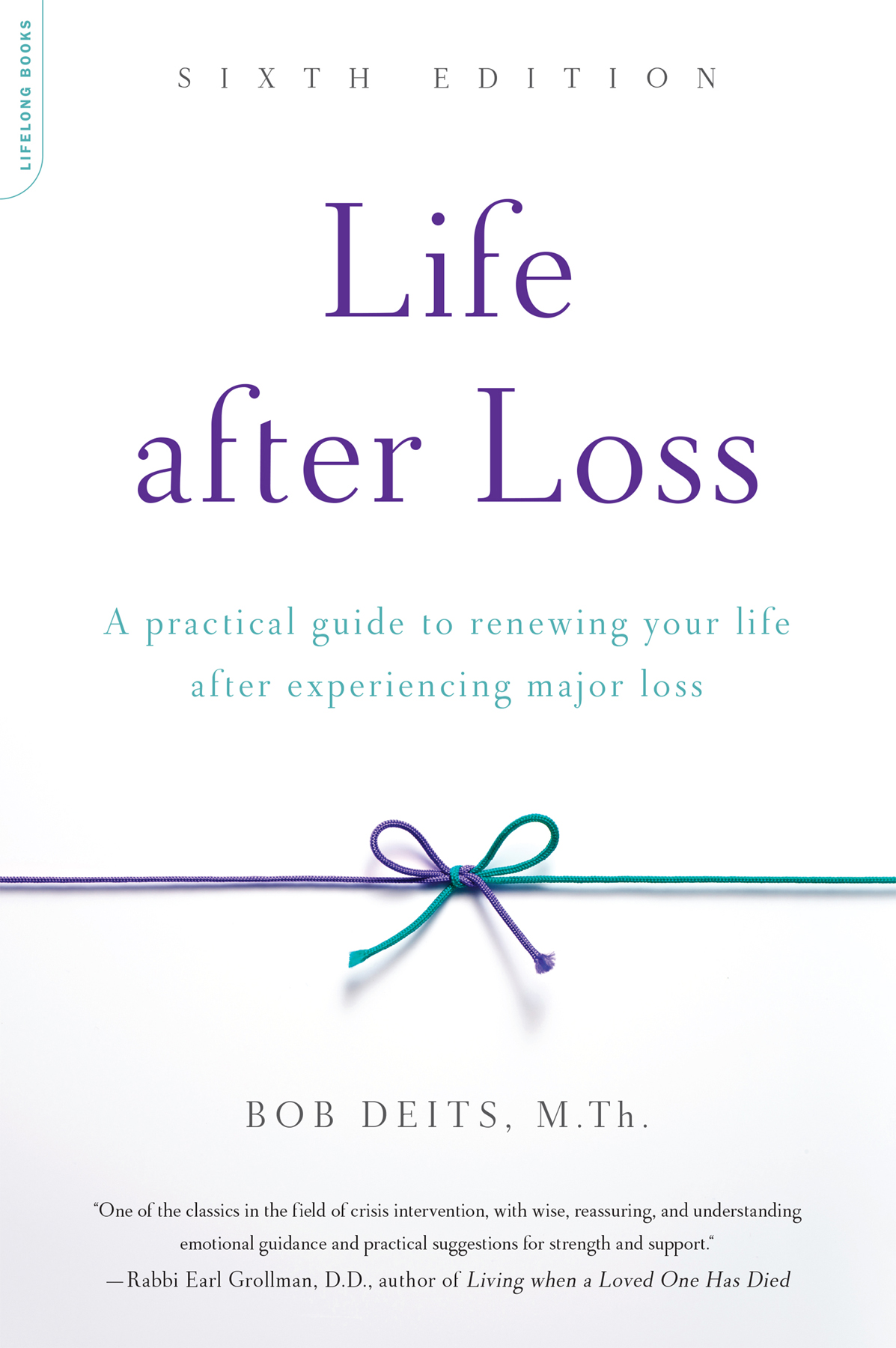Many of the designations used by manufacturers and sellers to distinguish their products are claimed as trademarks. Where those designations appear in this book and Da Capo Press was aware of a trademark claim, the designations have been printed in initial capital letters.
Copyright 2017 by Lifelong Books
All rights reserved. No part of this publication may be reproduced, stored in a retrieval system, or transmitted, in any form or by any means, electronic, mechanical, photocopying, recording, or otherwise, without the prior written permission of the publisher. For information, address Da Capo Press, 53 State Street, 9th Floor, Boston, MA 02109.
Designed and set in 12 point Adobe Garamond by Cynthia Young
Cataloging-in-Publication data for this book is available from the Library of Congress.
ISBN: 978-0-7382-1961-5 (paperback)
ISBN: 978-0-7382-1962-2 (e-book)
Published by Da Capo Press, an imprint of Perseus Books, LLC, a subsidiary of Hachette Book Group, Inc.
www.dacapopress.com
Note: The information in this book is true and complete to the best of our knowledge. This book is intended only as an informative guide for those wishing to know more about health issues. In no way is this book intended to replace, countermand, or conflict with the advice given to you by your own physician. The ultimate decision concerning care should be made between you and your doctor. We strongly recommend you follow his or her advice. Information in this book is general and is offered with no guarantees on the part of the authors or Da Capo Press. The authors and publisher disclaim all liability in connection with the use of this book. The names and identifying details of people associated with events described in this book have been changed. Any similarity to actual persons is coincidental.
Da Capo Press books are available at special discounts for bulk purchases in the U.S. by corporations, institutions, and other organizations. For more information, please contact the Special Markets Department at Perseus Books, 2300 Chestnut Street, Suite 200, Philadelphia, PA, 19103, or call (800) 810-4145, ext. 5000, or e-mail special.markets@perseusbooks.com.
E3-20170401-JV-PC
Loss is a universal experience and too often, because they dont know what to say, well-meaning doctors, friends, and family say, Dont worry, youll get over it. We never get over a major loss but we can find a way through it to enjoy a full and fulfilling life. In Life after Loss, Bob Deits provides compassionate and practical advice for grieving and rebuilding a meaningful life after loss. As a palliative care physician, I care for people dealing with serious illness and those facing the end of life and their loved oneswhere grief and loss are a constant presence. I will recommend this wise and important book as essential reading to all my patients and their families.
Steven Z. Pantilat, MD, Kates-Burnard and Hellman Distinguished Professor of Palliative Care, Director, Palliative Care Program, UCSF, and author of Life After the Diagnosis: Expert Advice on Living Well with Serious Illness for Patients and Caregivers
Old grief is as important a work as new grief, and it resurfaces with brand new lessons. Sooner or later, a difficult journey will come knocking (again), igniting the grief process. No one should be without this brilliant healing toolbox of a book.
Maryann Makekau, founder of Hope Matters and coauthor of When Your Grandma Forgets
T he first edition of Life after Loss was published in 1988. During the ensuing years I have frequently received letters, e-mails, and telephone calls from people who credit the book for providing the strength to get through lifes most difficult experience. Some have said, It saved my life. I have met people at seminars and conferences who are carrying an older edition that shows the signs of heavy use. Professionals in the field have also praised it. Dr. Earl Grollman described it as One of the classics in the field of crisis intervention. Dr. Howard Clinebell Jr. called it The best book ever written in the field of grief and loss. More than 100,000 people have found help through the first five editions, not counting those reached through seven foreign-language translations.
My experiences as a counselor informed each of the previous editions. This edition, however, is different. My wife, June, died after a lengthy battle with Alzheimers disease. She was my girlfriend at the age of fourteenthe only girlfriend I ever hadand my wife at eighteen. Her death came a month prior to our sixty-fourth anniversary. She and I were the definition of soul mates.
Dr. Alan Wolfelt says in his book When Your Soulmate Dies, Whether they are also lovers or not, soulmates almost always describe themselves as best friends. They genuinely like each other. They communicate. They talk regularly and share things big and small. They confide in one another. They are loyal to one another. They make joint decisions. They go through lifes ups and downs together as if on a bicycle built for two.
The death of a loved one is not the only source of grief.
This firsthand experience with loss and grief changed my perspective, and I wrote this edition not only as a grief counselor, but as one who has walked the same path as you are walking now.
Of course, the death of a loved one is not the only source of grief. When someone dies, it is the death of a body. Divorce is the death of a relationship and can be just as painful. It actually wasnt a death that first pulled me into a new understanding of grief and the work of grief recovery. It was relocating to Arizona from California. That loss entailed losing familiar places and faces, including leaving our first grandchild who was born a few months prior to our move. When June had to choose between losing a breast or a much higher chance of losing her life to cancer, that choice was not as easy or automatic as it might seem.
Learning how to grieve effectively is the most important skill anyone can learn.
Whatever the source of our loss is, I am more convinced than ever that learning how to grieve effectively is the most important skill anyone can learn.
The challenge of grief recovery after any loss is to establish a new normal for life. It isnt easy, but it is possible. In the pages that follow you will find insights to help you avoid making an extremely difficult task worse than it already is. You will also find specific things to do to guide you through the process of recovery. The true stories of others who made it will inspire you.
The category of losses my wife, June, called quiet losses has affected many. These are major losses that seem more difficult to talk about with others. In the previous edition June told of being a survivor of both childhood sexual abuse and breast cancer and broke the silence about her new challenge of facing memory loss and early signs of Alzheimers disease. In this edition, I am writing in memory of her and to honor her insights and gifts of healing to so many people.
The challenge of grief recovery after any loss is to establish a new normal for life.


